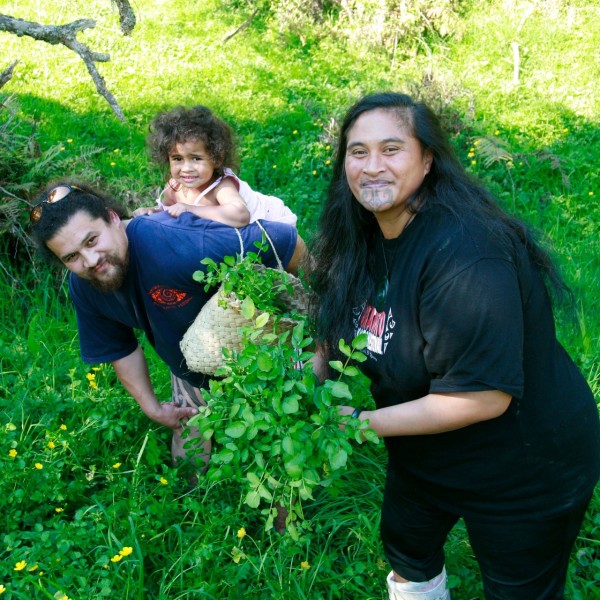


Workforce development
Ensuring the future workforce is equipped to deliver quality community mental health and addiction services.

Platform Trust has been the guardian of the development and growth of support work and has been supported in this role for many years by our colleagues at Te Pou.
In 2018, Te Pou and Matua Raki surveyed 232 NGOs about their workforce. The purpose was to estimate the size, composition and turnover of the NGO workforce delivering secondary care adult mental health and addiction services. The findings are compared to the previous (2014) More than numbers survey.
Key findings are:
Click here for the: 2018 More than numbers NGO workforce report
The mental health and addiction community sector workforce has evolved and diversified since its began in the 1980’s when people left the large psychiatric hospitals to move back to communities.
In 2007,the Mental Health Commission stated the following in Te Haererenga mo te Whakaōranga 1996-2006: “a new support-work occupational grouping has been a great workforce achievement of the decade, and a specific New Zealand innovation. Creating a new occupation in the non-clinical sector, with a tertiary certificate-level qualification, has allowed for the introduction of basic mental health and recovery-oriented training.”
In 2015, Dr Julia Hennessy undertook a landmark study of support work in New Zealand. “The role of the mental health support worker is different and complementary to the roles of other professionals working in mental health services. Mental health support workers facilitate the consumer’s journey of recovery. They are able to spend time with mental health consumers and not have those interactions restricted through legislation. Mental health support workers provide the human contact sought by mental health consumers because their role is seen as non-clinical and non-judgmental." Julia Hennessy



Ensuring the future workforce is equipped to deliver quality community mental health and addiction services.



Tools, networks and events to strengthen community organisations.



Using evaluation, data, and collaboration to advocate for change.



Improving access and choice for the Deaf mental health and addiction community. This was a 12-month project completed over 2021-22.



Contributing to policy development, as well as providing a policy library and a range of publications to support the sector.



Fostering strategic partnerships and alliances to achieve a strong and sustainable mental health and addiction NGO and community sector.